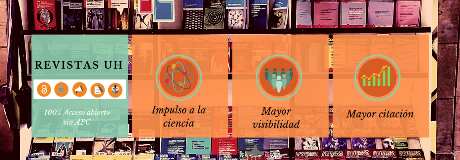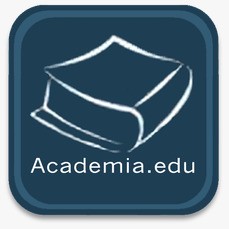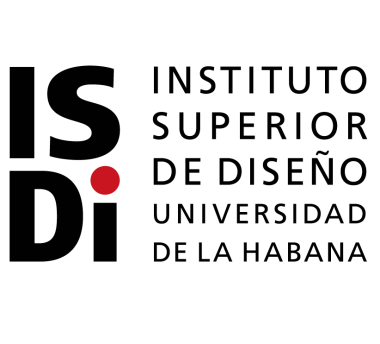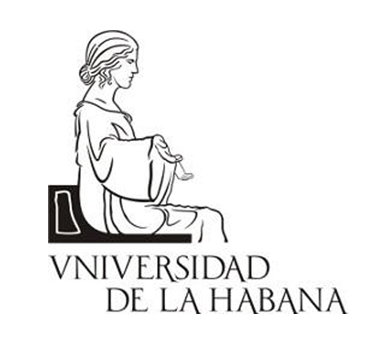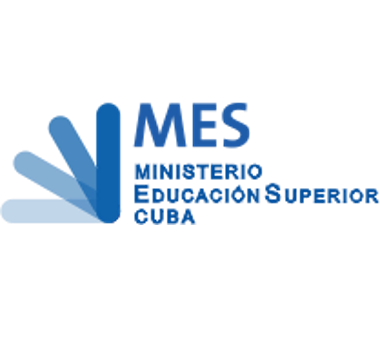Vol. 7 No. 12 (2020): No. 12 - january - june / 2020
Internationalization of design education
Raúl Bejerano
Internationalization in general and in particular for the training of designers is essential in achieving the broad development that this profession requires. Possessing an international experience is an asset that is incorporated as part of the skills of the students, who after graduating they incorporate into the organizations where they work. These skills reflect capacities such as adaptation to new situations and environments, as well as the acquisition of transversal competences that are difficult to acquire in other areas.
Teaching design in Cuba is a great challenge, because this profession requires constant updating of styles and trends, as well as resources and technology to carry out different projects. There are economic limitations that place students and professionals in a disadvantageous position from the point of view of the availability of material resources with respect to others at the international level. The search for alternatives and solutions that respond to different needs are elements that characterize Cuban professionals.
The Higher Institute of Design of the University of Havana, the only one of its kind in Cuba, promotes the exchange of students, as well as the participation of professors from other universities in undergraduate and graduate teaching, sharing their experience, knowledge and contributing other both contextual and situational perspectives.
As a design teaching and learning strategy, internationalization offers opportunities to strengthen local cultural values ??in relation to global dynamics, as well as understanding the effects of globalization on local culture. It also has the potential to promote intercultural competencies and learning, by incorporating different mechanisms to understand the relationships and global-local-regional dimensions of knowledge in disciplinary and interdisciplinary areas, as well as cultural values, to strengthen national identity.
To ensure that the international dimension is an added value to teaching and that a more international training is achieved for future design professionals, the Institute negotiates agreements and agreements with foreign universities, as well as the management and organization of specific international programs, the international mobility of students, holding workshops as well as other exchange activities with universities and organizations from different latitudes. This means that internationalization in the study of design in Cuba is recognized as an institutional policy and culture, which involves all areas and activities carried out at the university: teaching, research and extension.
In the business sphere, it must be taken into account that design is a transversal creative activity and must be considered as an element of added value in products or services, which has a different importance depending on the sector. Design is in turn a strategic factor of differentiation, which achieves competitive advantages that can be key for the development of companies at an international level.
The internationalization of companies is an opportunity to guarantee their own growth and development, design constitutes a tool for these internationalization processes to be increasingly successful.
Table of Contents
Antonio J. Berazaín
Abstract
Extension project that began in October 1997 and lasted until October 2016. Led by Professor Antonio Berazaín
Juan E. Martínez
Abstract
The National Design Office establishes the National Design Award in recognition of the outstanding work of a figure in the profession.
A3manos has published and will publish works (this is only a very small presentation) about them as well-deserved recognition to those who dedicated their lives and make design in Cuba.
Juan E. Martínez
Fernando A. Peón
Abstract
Ing. Boris Moreno Cordovés. Specific professional competences of marketing in the way of acting project of the industrial designer in the sphere of action machinery.
Summary
The work aims to determine the specific professional competencies on marketing to develop industrial design projects in the field of machinery action. Marketing is a discipline whose knowledge is necessary for the professional practice of designers. It is a process, in turn composed of several components, each of which has some kind of relationship with the design process, some to a greater extent than others. On the other hand, to characterize the object of design as a professional activity, in addition to a conceptual definition, four categories are used: professional problems, spheres and modes of action; and the fields of action. The research presented is within the scope of one of the modes of action (project) and one of the spheres of action of those related to industrial design (machinery). Likewise, the design process is the set of procedures, methods and tools that the designer uses in the projecting mode of action. In order to determine the specific professional competencies on marketing to develop industrial design projects in the field of machinery action, a Delphi method is proposed, which was developed with Graduates of the Industrial Design career, considered experts with the required knowledge about the characteristics of the two processes under study.
The results of the research contribute to perfecting the contents of the Marketing subject, belonging to the Economic Factors discipline of the Industrial Design career. On the other hand, in the qualifiers of positions currently defined for the professional practice of design in Cuba, both for the own calls and for the common calls, all the competencies that these professionals must possess on marketing are not included in an explicit and structured manner. Therefore, the final result of the investigation also contributed to the achievement of this objective.
DI. Walter Díaz Moreno. Methodology for evaluating the impact of the journalistic design of the Mayabeque Weekly.









